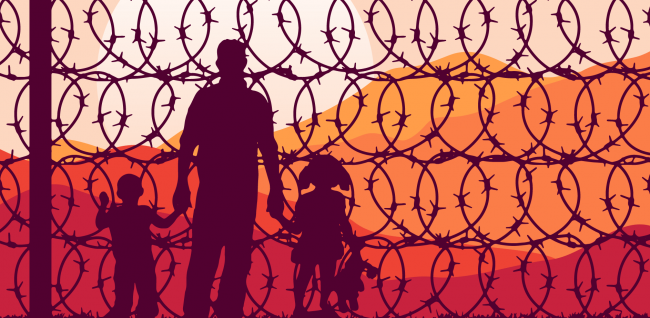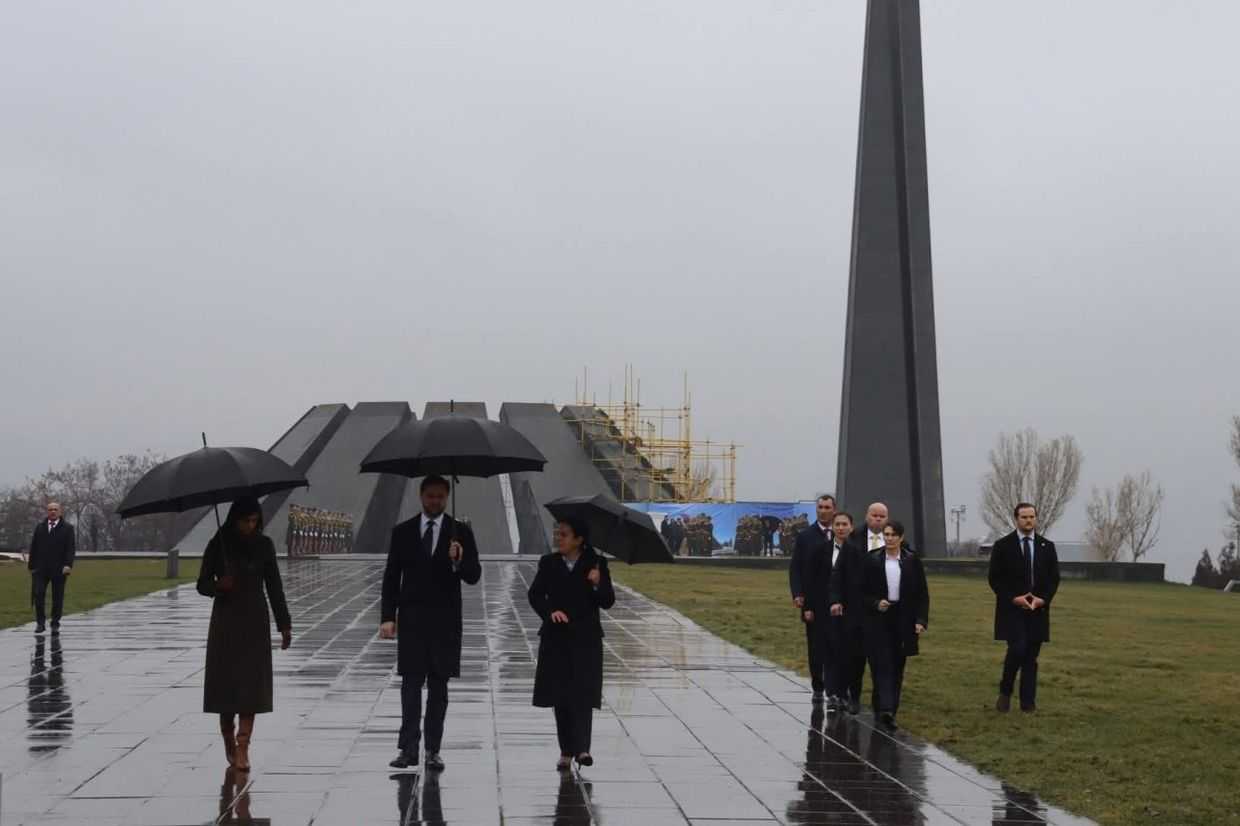

 In the last six years, 5,885 people registered for asylum in Georgia, only quarter of which were granted humanitarian or refugee status, data published by Institute for Development of freedom of Information (IDFI) indicates. In most cases proceedings were terminated by the applicants themselves (2,743), with 1,346 people being rejected.
In the last six years, 5,885 people registered for asylum in Georgia, only quarter of which were granted humanitarian or refugee status, data published by Institute for Development of freedom of Information (IDFI) indicates. In most cases proceedings were terminated by the applicants themselves (2,743), with 1,346 people being rejected.
Data from 2012–2017 shows that the number of people requesting asylum in Georgia has been decreasing since 2014, when it reached a high of of 1,792 people. There were just 379 asylum seekers in 2017.
During the period covered, a majority of applicants were citizens of Iraq, followed by Ukrainians, Egyptians, Iranians, and Syrians.
‘Asylum seekers from Azerbaijan, Armenia and especially Turkey are not granted refugee or humanitarian statuses in almost all cases. Out of 202 registered asylum seekers from these countries only 5 were granted asylum in 2012–2017’, the publication says.
It also says that asylum seekers are not given an explanation of why they are denied asylum. ‘Court judgements include neither concrete details, nor the general basis for denial’, it says.
A separate analysis published by IDFI on 11 January of Georgian legislation and judicial practices, concluded that the government can refuse asylum if they believe they could ‘endanger the state security of Georgia, its territorial integrity or public order’.
‘The asylum seeker does not have specific or general information about on what particular grounds is he/she refused an asylum. These details are not specified in the court judgments as well. Even the general basis (connection with a terroristic organisation, for instance) is not provided for asylum seekers’, the IDFI says.
[Read about queer asylum seekers in Georgia on OC Media: A quest for safe haven — fleeing homophobia to Georgia]









